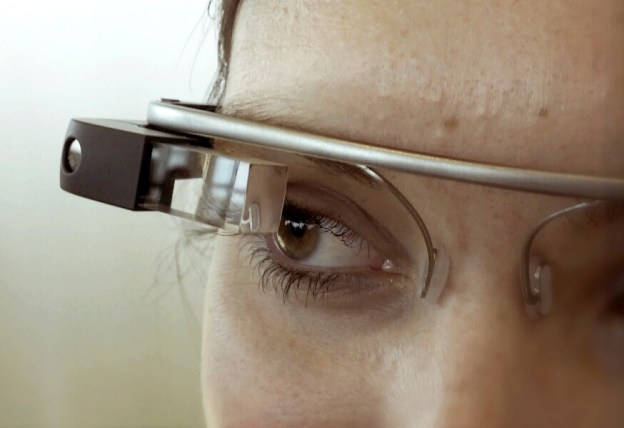
Celebrities have been hounded by paparazzi photographers for decades, long before the Internet existed as a platform to splash their photos across. Even after Princess Diana was killed in a car chase fleeing from photographers in 1997, nothing really changed; celebrities make a ton of money off their fame, and we likely feel our access to their private moments is part of their penance. We love to see celebrities behaving badly, much to their likely embarrassment.
However, we may be getting our own taste of privacy invasion as hardware like Google Glass increasingly puts us on camera over the next several years.
Cameras, cameras, everywhere
Smartphones have already made us accustomed to the idea of a camera in everyone’s pocket, but this isn’t the only place cameras are appearing. Increasingly, we are putting them on our dashes, and we got a taste of the incredible videos they can generate when some of them made it to the Web when that meteor crashed in Russia. Thing is, if you search for crazy Russian drivers (I’ve become addicted to these videos), you’ll discover there is a lot of other dubious activity, too. You can find folks driving drunk, running through traffic, riding motorcycles unsafely, and generally doing many of the things I did as a kid that my parents never knew about.
With facial recognition improving, the likelihood this will eventually track back to you at some future point is very, very good.
Now imagine this coming up in a job interview, during a college entrance review, in conversation with your parents, wife, kids, or boss. Just think how much fun that conversation will be. Just as you’re lecturing your kids on being responsible, they go and find a video of you being very irresponsible at their age, or maybe on the drive to work that very day.
How much fun is that conversation going to be?
From Looxcie to Google Glass
That’s just the possibilities of dash-mounted cameras. What about when we start putting cameras on everyone’s head? We got a taste of this a few years back when a company called Looxcie (pronounced Look See) started selling a Bluetooth headset with a built-in camera. It costs about $130 for the standard-definition unit. A wearer can either stream everything they see (and promptly blow out their data plan) or just tap a button after seeing something interesting, which puts just the last 30 seconds up on the Web.
Now you put these things on the heads of kids and adults with poor impulse control, and imagine the fun they will have at your expense when you are in the bathroom, have been partying a bit too hard, or are having a bit of a road-rage moment. Think of the fun other kids will have taking candid video shots of your kids and putting them on the Web. If you thought sexting was scary and very damaging to kids, this technology will take those experiences to a whole new level.

Want to tell a religious, sexual, or ethnic joke? Think how funny your black, Asian, Jewish, or female boss, relative, minister, or neighbor will think that joke is when they see it out of context on YouTube, or in an email sent by a rival. Google Glass, which will effectively put us all on camera, will provide a level of transparency into our home and out in public life that is unprecedented.
Living in a fishbowl
We already live in a time when what we do may be captured on video cameras in phones, on buildings, or in cars. Cameras have already started to appear on heads, and they aren’t that easy to see. Once Google Glass ships in volume, your ability to do anything in private may be a thing of the past, because the camera on your head will likely capture what someone else’s camera won’t. Think of how you use a urinal if you are a man, or the faces you make when putting on or fixing your makeup if you are a woman, and how wonderful it would be to see either on the Web.
Privacy laws are running about a decade behind technology, and Google has a horrid record with regard to privacy. The end result is that we all need to be more aware of the cameras around us. We also might start getting in the habit of taking off our glasses and looking for cameras around us – in particular when we go to the bathroom, drink, or have meetings we want to remain confidential. In the end, though, we’ll have to start thinking a lot more about behaving better, because increasingly, our bad behavior is going to be coming back to haunt us.
Even if our indiscretions aren’t exposed immediately, improvements to Google and Facebook facial-recognition functions may make them show up on your record years later. I’ll bet we all have a bit more sympathy for celebrities and their paparazzi problems when that happens.
Editors' Recommendations
- How to change your language in Google Chrome on desktop
- This new Google Chrome feature may boost your search history
- Facebook, Google coronavirus surveys may soon predict outbreaks, researchers say
- Google Maps data shows whether people in your area are staying at home
- Dentist fights to uncover identity of person who left negative Google review


